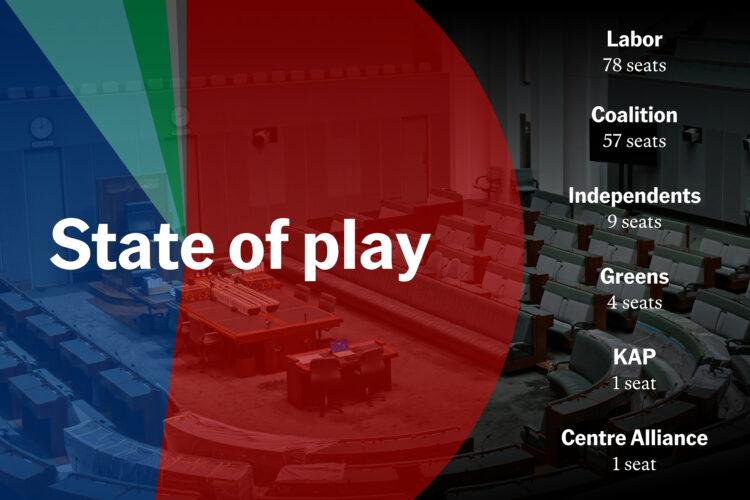Penny Wong said she wouldn’t engage in the “hypothetical” of whether or not Australia would follow through with its obligations under the International Criminal Court and carry out its arrest warrant for Israeli prime minister Benjamin Netanyahu, when asked by the Coalition in senate estimates.
Michaelia Cash wanted to know if Netanyahu, who is wanted on charges of war crimes and crimes against humanity, was “welcome in Australia”.
Wong said she wouldn’t engage in hypotheticals. But Cash said “under a Dutton government he would be very much welcomed here”.
Which puts a Dutton government on the same side as the authoritarian Viktor Orban, the prime minister of Hungary.
As AAP reports Hungary has announced it is withdrawing from the ICC and welcomed Netanyahu with open arms:
In an announcement timed with Netanyahu’s visit on Thursday, Orban said Hungary would withdraw completely from the ICC, an organisation set up more than two decades ago to prosecute those accused of war crimes, crimes against humanity, and genocide.
“This is no longer an impartial court, a rule-of-law court, but rather a political court. This has become the clearest in light of its decisions on Israel,” Orban said at a news conference with Netanyahu where they did not take questions.
Orban had invited his Israeli counterpart to Budapest in November, a day after the arrest warrant was issued over Israel’s offensive in the Gaza Strip that was launched following an attack by the Palestinian Islamist militant group Hamas on southern Israel.

Loading form…